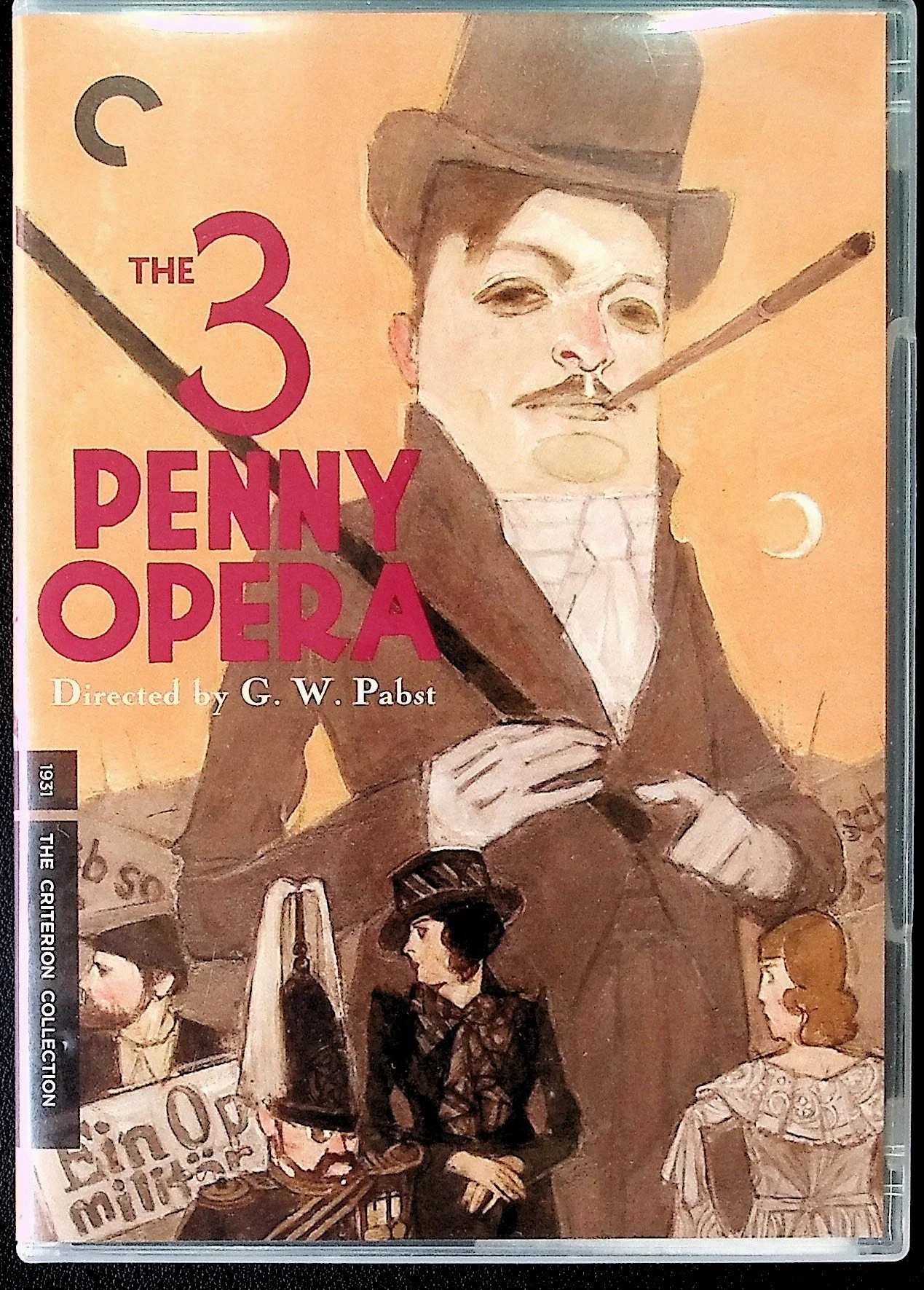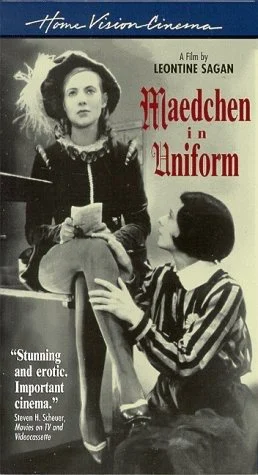- Activism
- Animation
- Asylum
- Austria
- Berlin
- Black Germans
- Childhood
- Cologne
- Colonialism
- Comedy
- DDR
- Documentary
- East/West Germany
- Environment
- Food
- Hamburg
- Health
- Holocaust
- Immigration
- Intergenerational Families
- Jewish
- Judicial system
- Lesbian/Gay
- Lübeck
- Munich
- National Socialism
- Politics
- Pomerania
- Racism
- Religion
- Sexism
- Short films
- Stuttgart
- Switzerland
- Twins
- Weimar Republic
The Threepenny Opera
The film is loosely based on the 1928 musical theatre success The Threepenny Opera by Bertolt Brecht and Kurt Weill.
Mädchen in Uniform
Mädchen in Uniform (Girls in Uniform) is a 1931 German feature-length film based on the play Gestern und heute (Then and Now, lit. Yesterday and Today) by Christa Winsloe and directed by Leontine Sagan with artistic direction from Carl Froelich, who also funded the film. Winsloe also wrote the screenplay and was on the set during filming. The film remains an international cult classic.
Mädchen in Uniform
Mädchen in Uniform (Girls in Uniform) is a 1931 German feature-length film based on the play Gestern und heute (Then and Now, lit. Yesterday and Today) by Christa Winsloe and directed by Leontine Sagan with artistic direction from Carl Froelich, who also funded the film. Winsloe also wrote the screenplay and was on the set during filming. The film remains an international cult classic.
Die 3-Groschen-Oper
The Threepenny Opera differs in significant respects from the play and the internal timeline is somewhat vague. The whole of society is presented as corrupt in one form or another. Only some of the songs from the play are used, in a different order. Bertolt Brecht and Kurt Weill, the playwright and composer of the stage play that the film is based on, were originally hired to adapt the play for film, but Brecht quit in the middle of production, while Weill continued working on the film until he was fired. The two each sued Warner Bros. and the German production company on the basis that sale of the rights stipulated that nothing in the stage production could be changed for the film. Brecht and Weill intended the piece as a satire on capitalism, and claimed that the ideological basis of the story was softened by director G. W. Pabst, who wanted the film to be more entertaining. Brecht was accused of breach of contract and his suit was rejected, but Weill won his suit.



